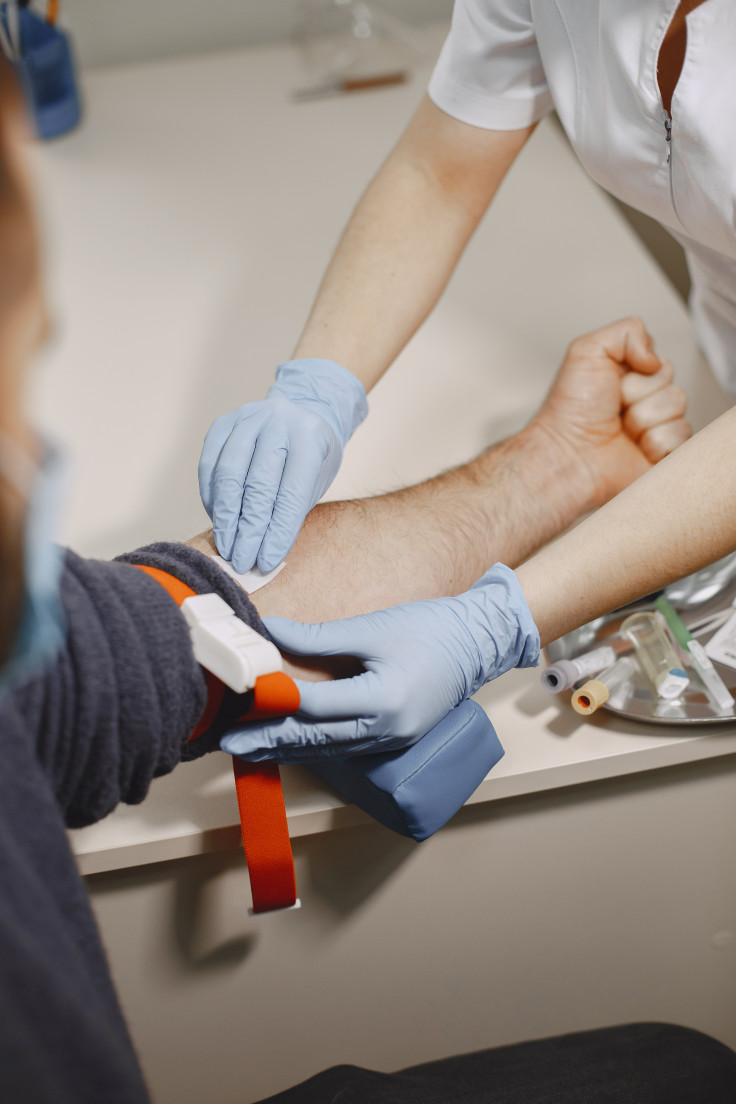Blood Donor's Diet May Trigger Allergic Reactions In Recipients: Study

A study has found an interesting link between a donor's diet before blood donation and allergic transfusion reactions (ATRs) in recipients, particularly among children.
Blood transfusions are essential for saving lives in cases of severe blood loss from surgery, trauma, or specific blood disorders like anemia and sickle cell disease. However, up to 2% of transfusions can lead to potentially life-threatening allergic transfusion reactions (ATRs). These reactions, which are hypersensitivity responses to blood products, especially platelets and plasma, have an unknown exact mechanism.
In the study published online in the journal Allergy, researchers explored the connection between allergic transfusion reactions (ATRs) and food allergies. They discovered that allergens present in the donor's blood due to their pre-donation diet could potentially induce the condition.
"In our previous study, we found that pediatric patients with food allergies were characteristically more prone to ATRs. Considering that food allergies are also more prevalent in children, we decided to investigate whether the food the donor ate before giving blood could be associated with the development of ATRs in children with food allergies," said Dr. Ryu Yanagisawa of Shinshu University Hospital, Japan, who lead the study.
During the study conducted between May 2022 and December 2023, the researchers collected blood samples from over 100 children with known allergies to eggs, wheat, or milk. They also retrieved blood from two healthy donors before and after eating large amounts of these foods and extracted the serum.
After collecting blood from each allergic patient, the researchers conducted basophil activation tests (BATs) to evaluate the activation of basophils, a type of white blood cell involved in allergic reactions. This was conducted by exposing the samples to the corresponding serum.
The results of BATs showed that in patients allergic to eggs, the basophil levels increased when their blood got exposed to serum from donors who had consumed eggs. Additionally, serum collected from donors four hours after eating eggs led to significantly higher BAT levels compared to samples collected two hours after ingestion.
However, the results for milk and wheat allergies varied. In these cases, elevated BAT levels were seen only after exposure to serum from one of the two donors.
For better understanding and to gain more weight to the results, BATs from 16 additional donors were also investigated. The researchers then concluded that "if a patient has a food allergy, allergens in the food consumed by the donor before blood donation may contribute to the development of ATRs."
"Although some differences were observed among donors, blood samples obtained after egg ingestion generally activated basophils in cases of egg allergy with high egg white-specific IgE levels. Similarly, elevated BAT levels in patients with milk and wheat allergies were also associated with allergen-specific IgE levels," said Dr. Yanagisawa.
Although further research is required to confirm the results with more certainty, the researchers hope their current study will be a crucial first step toward understanding the underlying mechanism of ATRs.
"In the future, it could be possible to predict in advance who is likely to suffer from an ATR. Given enough time, preventive measures and countermeasures to ATRs could be developed, leading to safer blood transfusions," Dr. Yanagisawa said.



























